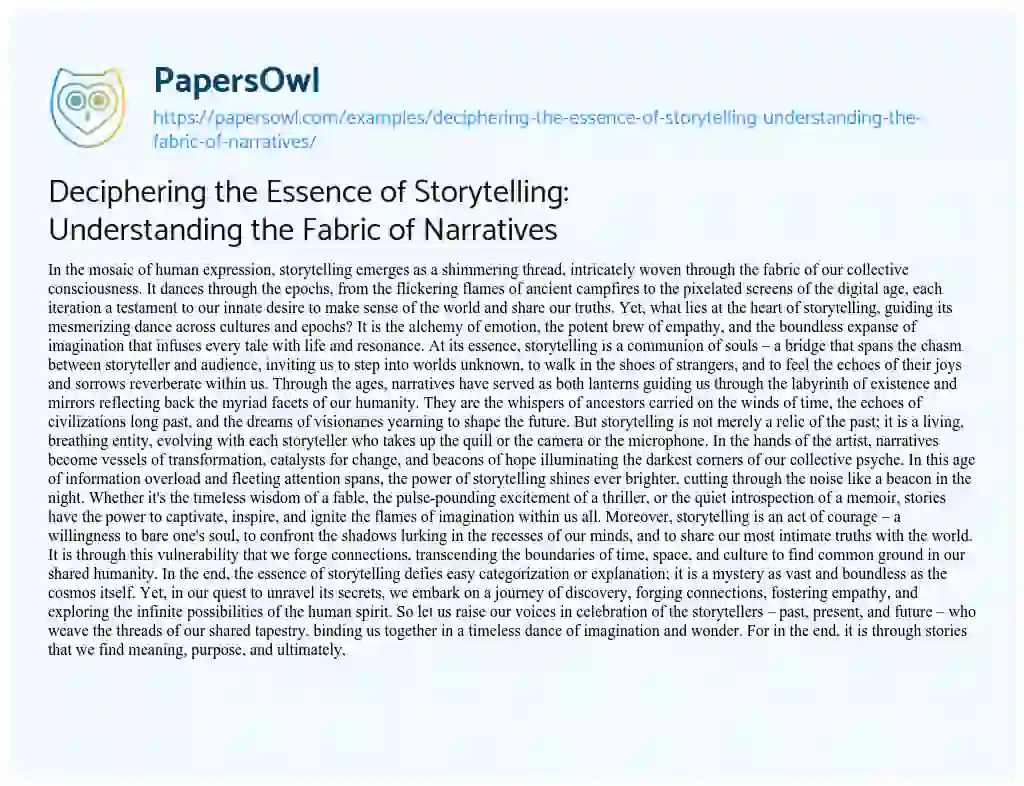Deciphering The Narrative Fabric: Understanding Canon In Games
Deciphering the Narrative Fabric: Understanding Canon in Games
Related Articles: Deciphering the Narrative Fabric: Understanding Canon in Games
Introduction
In this auspicious occasion, we are delighted to delve into the intriguing topic related to Deciphering the Narrative Fabric: Understanding Canon in Games. Let’s weave interesting information and offer fresh perspectives to the readers.
Table of Content
Deciphering the Narrative Fabric: Understanding Canon in Games

In the ever-evolving landscape of video games, narratives have become increasingly intricate and multifaceted. With sprawling worlds, complex characters, and branching storylines, the question of "what is real" often arises. This is where the concept of "canon" emerges, playing a crucial role in defining the official, accepted narrative within a game universe.
Defining Canon in Games:
Canon, in essence, refers to the officially recognized and accepted storyline within a game franchise. It encompasses events, characters, and lore that are considered definitive and contribute to the overarching narrative. This established narrative serves as a foundation for future developments, ensuring consistency and continuity across different entries in a series.
The Importance of Canon:
Canon is not simply a matter of arbitrary designation. It serves several crucial functions:
-
Narrative Coherence: Canon provides a structured framework that ties together different games, preventing inconsistencies and maintaining a cohesive narrative. This is especially vital in franchises with multiple installments, ensuring a sense of continuity and preventing confusion for players.
-
Character Development: Canon establishes the core personalities, motivations, and backstories of characters, allowing for consistent and meaningful character arcs across various games. This ensures that characters evolve and change in a way that feels organic and believable.
-
World Building: Canon shapes the game’s world, defining its history, culture, rules, and mythology. This creates a rich and immersive experience for players, fostering a deeper understanding and appreciation of the game’s setting.
-
Fan Engagement: Canon provides a common ground for fans to engage with the franchise, fostering a sense of shared understanding and appreciation. It creates a platform for discussions, theories, and interpretations, enriching the overall experience for the community.
Types of Canon:
While the term "canon" is often used broadly, it’s important to recognize that different types of canon exist within the gaming world:
-
Official Canon: This refers to the narrative established by the developers and considered definitive. It is typically found in official game materials, such as story cutscenes, in-game dialogue, and developer statements.
-
Headcanon: This refers to personal interpretations of the canon, often influenced by individual player experiences and preferences. While not officially recognized, headcanon can be a source of creative discussions and fan theories.
-
Fan Canon: This refers to narratives created by fans, often in the form of fan fiction, artwork, or music. While not officially recognized, fan canon can sometimes influence the development of future games or inspire developers to explore new avenues.
Canon and Its Influence on Gameplay:
The influence of canon extends beyond the narrative, impacting gameplay mechanics and player choices:
-
Story-Driven Games: In games with a strong narrative focus, canon plays a pivotal role in shaping the player’s experience. It dictates the progression of the story, the consequences of player choices, and the overall impact of the game’s world.
-
Open-World Games: Even in open-world games with greater player freedom, canon still establishes the overarching narrative and context. It defines the world’s history, the motivations of NPCs, and the overall scope of the player’s actions.
-
Multiplayer Games: While multiplayer games often focus on player interaction and competition, canon can still play a role in shaping the game’s lore and background. It can provide a shared context for players, creating a sense of shared history and understanding.
Examples of Canon in Games:
-
The Legend of Zelda: The series’ canon establishes the origins of Link, Zelda, and Ganon, as well as the history of Hyrule. This narrative serves as a foundation for each game, ensuring continuity and providing a sense of shared history for players.
-
Final Fantasy VII: The original game’s narrative, including the events of Cloud’s backstory and the fight against Sephiroth, is considered canon, influencing subsequent installments in the series and providing a framework for understanding the franchise’s mythology.
-
The Elder Scrolls: The series’ canon establishes the history of Tamriel, the origins of the races, and the lore of the various factions. This complex world allows for extensive exploration and provides a rich backdrop for players to immerse themselves in.
Challenges of Defining Canon:
Despite its importance, defining canon in games can present certain challenges:
-
Branching Storylines: Games with multiple endings or branching storylines can make it difficult to establish a definitive canon. In such cases, developers may choose to focus on specific paths or create separate canons for different endings.
-
Retcons and Reboots: Retcons (retroactive continuity) and reboots can challenge established canon, introducing new interpretations or rewriting previous events. This can lead to inconsistencies and confusion for players, particularly those who have played earlier installments in a series.
-
Fan Interpretation: The interpretation of canon can vary widely among fans, leading to disagreements and debates about specific events or character motivations. This can create a sense of ambiguity and even conflict within the fandom.
FAQs about Canon in Games:
Q: Is canon always objective?
A: Canon is often defined by the developers, but it is not always objective. Developers can make subjective choices about what events and characters are considered canon, and these choices can be influenced by various factors, including creative vision, fan feedback, and marketing considerations.
Q: How can I tell what is canon in a game?
A: Look for official game materials, such as story cutscenes, in-game dialogue, developer statements, and official websites. These sources provide the most reliable information about the established canon.
Q: Can fan theories be considered canon?
A: Fan theories are not officially recognized as canon. However, they can sometimes influence the development of future games or inspire developers to explore new avenues.
Q: What happens if a game contradicts previous canon?
A: Contradictions in canon can occur due to retcons, reboots, or simply creative choices. Developers may choose to address these inconsistencies or simply ignore them.
Q: Is it important to understand canon to enjoy a game?
A: While understanding canon can enhance the overall experience, it is not essential to enjoy a game. Many players enjoy games without delving into the intricacies of canon, focusing instead on the gameplay and personal interpretation.
Tips for Understanding Canon in Games:
-
Pay attention to official materials: Focus on information provided by developers, such as story cutscenes, in-game dialogue, and developer statements.
-
Research the franchise’s history: Explore the history of the game series, including previous installments, spin-offs, and related media.
-
Engage with the community: Discuss theories and interpretations with other fans, but remember that fan theories are not necessarily canon.
-
Embrace ambiguity: Some games intentionally leave room for interpretation, allowing players to form their own understanding of the canon.
Conclusion:
Canon plays a vital role in shaping the narrative experience in games, providing a framework for consistency, continuity, and world-building. Understanding canon can enhance the player’s appreciation of the story, characters, and world. However, it’s important to remember that canon is not always objective, and individual interpretations can add to the richness and complexity of the gaming experience. Ultimately, canon serves as a foundation for storytelling in games, allowing for immersive and engaging narratives that resonate with players long after the credits roll.





![]()


Closure
Thus, we hope this article has provided valuable insights into Deciphering the Narrative Fabric: Understanding Canon in Games. We appreciate your attention to our article. See you in our next article!